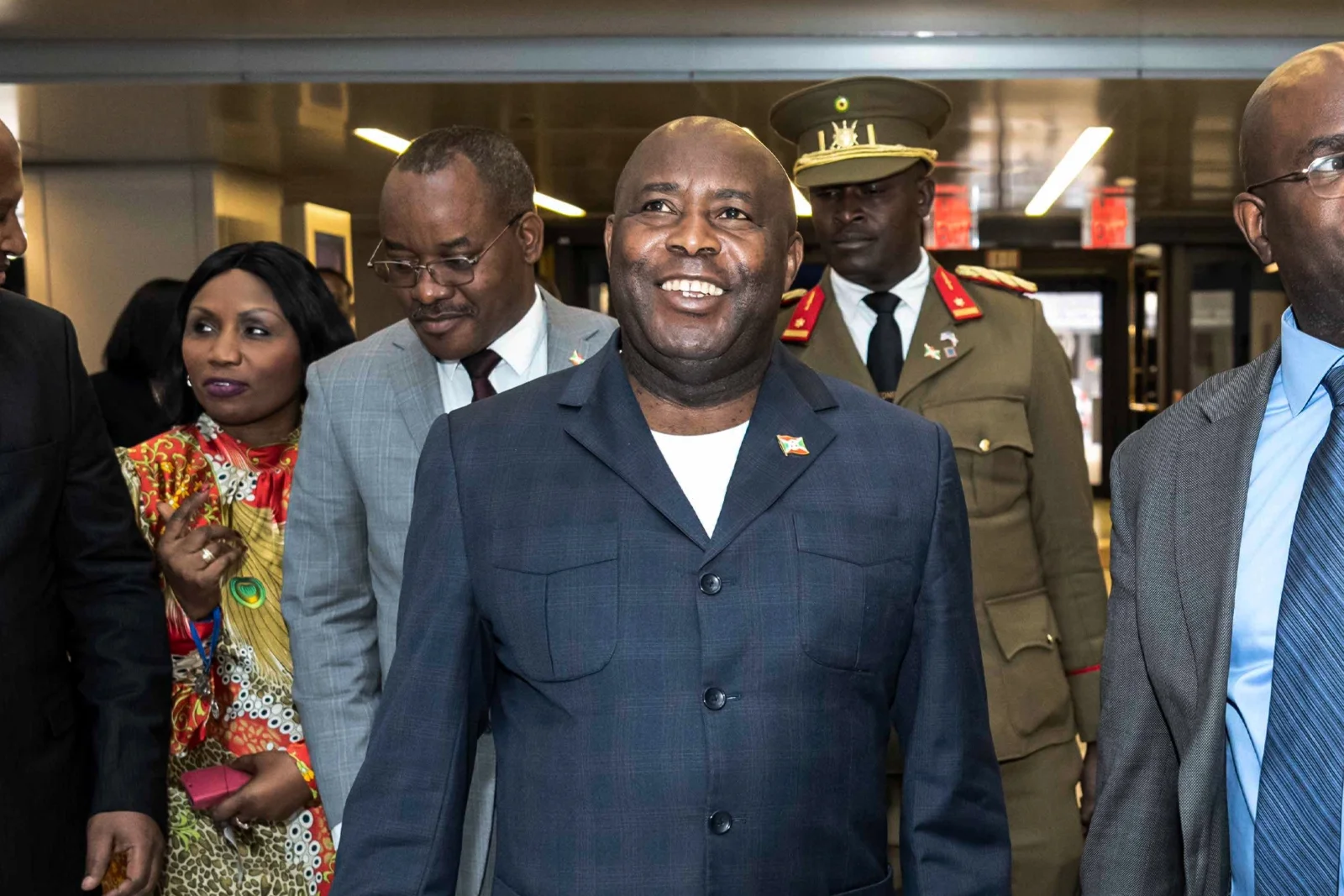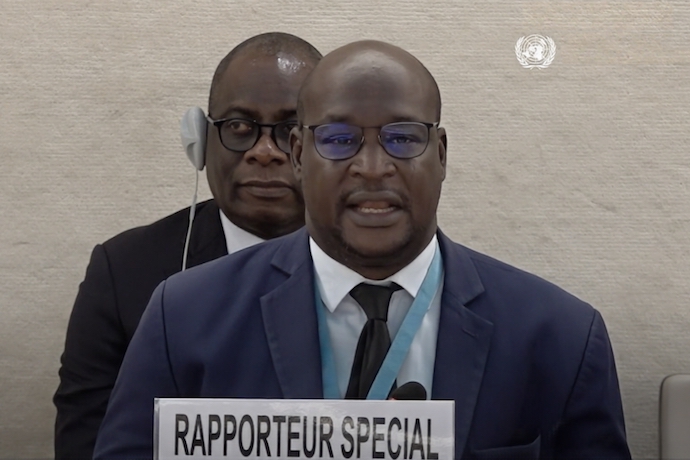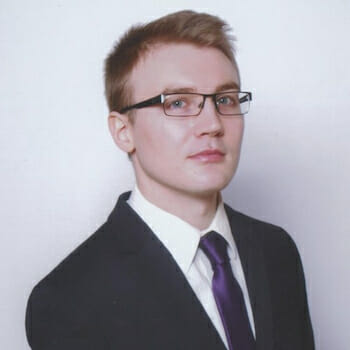
The Vanishing Peace: Fortuné Gaetan Zongo on Burundi’s Human Rights Reckoning
Fortuné Gaetan Zongo serves as the United Nations Special Rapporteur on the human rights situation in Burundi—a role that draws on decades of judicial experience and deep expertise in international human rights law. A magistrate by training, Zongo currently presides over the Court of Appeal in Fada N’Gourma, Burkina Faso. His career spans numerous high-level judicial appointments and includes a postgraduate specialization in fundamental human rights. From 2006 to 2011, he led the Department for the Protection and Defense of Human Rights within Burkina Faso’s Ministry for the Promotion of Human Rights and later served on the UN Subcommittee on Prevention of Torture from 2011 to 2014.
In his assessment of Burundi, Zongo paints a sobering picture: restricted freedoms of expression, an inefficient judiciary, entrenched economic inequality, and the erosion of vital peace agreements, including the Arusha Accords. He warns of the lingering threat of post-election violence and stresses the need for a more inclusive political order—anchored in a robust legal framework and widespread human rights education. While he acknowledges President Évariste Ndayishimiye’s rhetorical commitment to fighting corruption, Zongo remains critical of the lack of measurable progress. For real justice and national reconciliation to take root, he argues, words must give way to action.
Click here to download a PDF version of the interview translated into Kirundi.

Scott Douglas Jacobsen: I would like to ask a background question: what initially sparked your interest in human rights?
Fortuné Gaetan Zongo: Human rights have always been a subject of great interest to me nationally and internationally. I have worked in this area since the start of my professional career, and I feel very comfortable and fulfilled working in this field.
Jacobsen: What do you see as the key human rights issues currently facing Burundi?
Zongo: Burundi is a beautiful country but has faced cyclical crises since gaining independence. The people of Burundi need to come together to address and resolve the issues they have faced over the years. Without such efforts, these crises are likely to continue.
Jacobsen: There was also the 2015 political crisis in Burundi. What impact has that had on civil rights over the past decade?
Zongo: The political crisis of 2015 is the latest. The effects are still visible and the consequence is a decline in human rights and prosperity in the country. All aspects of the country have been affected by this crisis. Ten (10) years later, less than half of the refugees have still not returned.
Jacobsen: Around the world, journalists often face harassment, attacks, and even killings. How does the situation in Burundi affect the media and other groups?
Zongo: Around the world, as you have pointed out, freedom of expression is constantly being called into question. As far as Burundi is concerned, we have to admit that the situation is far from acceptable. Journalists are regularly harassed.
After the case of Floriane Irangabiye, who was unjustly detained and then pardoned by the President of the Republic, there is now the case of Sandra Muhoza. It should be noted that more than a hundred journalists are in exile and some media outlets have suffered reprisals.
In reality, freedom of expression in Burundi is very limited, if not non-existent. You risk imprisonment if you do not align yourself with the government’s point of view.
Jacobsen: In the last 25 years, we have seen the world transition into a multipolar system, where no single or even two power centers dominate. Regional bodies are also becoming increasingly significant. How do organizations like the African Union and the United Nations help address human rights issues in Burundi?
Zongo: I don’t know whether the world’s multipolar system played a role, but the Arusha Agreement was negotiated under the auspices of the international community, and the result was a stable period of peace and respect for human rights, until the Agreement was unraveled and the 2015 crisis that the Burundian state is struggling to resolve. These include regional or sub-regional organisations such as the African Union and international organisations such as the United Nations. These various organisations have tried in the past and continue to try to help Burundi, often with mixed results.
Jacobsen: The Tigray war in Ethiopia is an example of deeply rooted ethnic tensions. How are ethnic relations in Burundi?
Zongo: Since I took up my post, I have not felt any racial tension between different groups who live in harmony. However, harmony between different people can be exploited.
Jacobsen: How do you address allegations of torture and inhumane treatment within Burundi’s security and judicial systems?
Zongo: Both the reports of the Independent Commission of Inquiry and my previous reports have highlighted acts of torture and ill-treatment. It also shows that the judiciary is unable and unlikely to prosecute the perpetrators of such acts.
The main perpetrators are the various public forces, in particular the army, the police and the intelligence service. To these must be added the Imbonérakure militia.
Jacobsen: You mentioned that many issues stem from resource allocation. How do poverty and economic challenges impact human rights, especially for vulnerable populations?
Zongo: Reports from international institutions indicate that Burundi is one of the poorest countries in the world. Poverty is a pervasive issue. Since the Arusha Agreement was undermined, the military group has ruled the country and controlled the nation’s economic resources. This group dominates every economic sector, preventing broader economic development.
Burundi is rich in mineral resources and has strong agricultural potential, but there is no democracy, which hinders progress. Without civil and political rights, access to education and freedom of expression, the people cannot be productive or contribute to their country’s development.
Jacobsen: Is there evidence of a shrinking civic space and a growing climate of fear due to arbitrary arrests and intimidation tactics?
Zongo: This is a daily issue. The civic space is characterised by a de facto monopoly of the CNDD-FDD in the management of public affairs, control of all sectors of political and administrative life, abusive interference in the functioning of the main opposition party, forced enrolment in the CNDD-FDD party, threats and repression against political opponents, arbitrary arrests and detentions of journalists and human rights defenders, and so on. There have even been attempts to control the narrative of articles published by the media and to use the law for political ends.
Jacobsen: How are shortages of essential goods and inflation worsening the conditions in already impoverished areas?
Zongo: Shortages are a major issue. For example, there is a severe shortage of gasoline and medicines needed to treat people. The entire economy is collapsing. Even the currency is unstable, making it nearly impossible to buy anything. The situation is dire.
Jacobsen: What are the risks of violence in the upcoming 2025 municipal and legislative elections?
Zongo: The risks of violence are high. The deteriorating civic space, the exclusion of opposition voices, and widespread economic instability create an environment ripe for conflict. The elections may destabilize the country without urgent action to ensure inclusivity and transparency.
Jacobsen: What are the expectations for the upcoming elections? Are there risks of post-election violence?
Zongo: The ruling party will win the elections. The question is more about the margin of their victory. The youth of the party is actively mobilizing people to vote, but we anticipate a high risk of post-election violence. This is particularly concerning, given the exclusion of certain groups from the political process.
Jacobsen: What about rebel groups like the RED Tabara? How do they impact the security landscape, especially during election periods?
Zongo: While the risk of violence involving RED Tabara exists, I believe their direct impact on the elections may not be significant. They could exploit the situation to launch attacks against the government, but government forces have repelled their recent actions. The greater risk of violence comes from individuals or groups excluded from the election process. That is where post-election unrest could arise.
Jacobsen: How would a revival of the Arusha Agreement contribute to national reconciliation?
Zongo: The Arusha Agreement brought peace for nearly 15 years by fostering dialogue among political parties and establishing frameworks for governance. Key players, including the African Union, the United Nations, and the United States, helped set up institutions supporting peace. Unfortunately, the current ruling group has dismantled much of the infrastructure established by the agreement. We must initiate new negotiations to create a revised agreement that deeply embeds peace and reconciliation.
Jacobsen: Members of the ruling party are reportedly affiliated with the Imbonerakure militia, which operates without fear of legal consequences. What does this mean politically, and how can accountability be restored?
Zongo: The fact remains that the Imborakure militia is an essential component of the CNDD-FDD party and this militia operates under cover of the State, which gives it some of its attributes. In a completely unrealistic hypothesis, if every political party in Burundi (which would in fact be legitimate), one can imagine the consequences for the stability of the country. The existence of this militia is a weakening of the State and its organs as well as a potential cause of institutional instability. Numerous cases of torture, murder and other abuses have been attributed to the Imborakure. This situation must be remedied as a matter of urgency. It is unacceptable that this group continues to operate with impunity, and it is essential that the rule of law be re-established and that it be held to account.
Jacobsen: What actions are President Évariste Ndayishimiye and his government taking to address these issues?
Zongo: When he took power, President Ndayishimiye gave hope for human rights. And that hope is still there. He actively denounces corruption and speaks out against the inefficiency of state officials. We have seen him speak out against corruption or grant presidential pardons to many people to make up for the dysfunction of the judicial system. Although he frequently calls for action, we have yet to see tangible and effective results. His declarations are not enough; what is needed is concrete action and measurable progress in resolving the problems. We need to move from declarations to vigorous action in order to achieve tangible results.
Jacobsen: When addressing economic hardships, fostering inclusive elections, combating impunity, and restoring civic freedoms, one or a few critical points in the cultural, legislative, economic, or social framework often catalyze change. What points in Burundi would you prioritize to create a positive ripple effect if addressed?
Zongo: From my perspective, the first point is strengthening the legal framework. While we do not necessarily need to change it, we must enforce it properly. Secondly, we need to establish a strong state that transcends individuals. The state is controlled by a small group that uses it to maintain power.
The third point would be implementing education on human rights. This would allow everyone to understand and enjoy their rights. Addressing these areas could lead to significant progress in Burundi.
Jacobsen: Thank you very much, Mr. Zongo, for your time today. The issues you touched on are not something that many people think about too often.
Zongo: Thank you. I appreciate it.
Jacobsen: Thank you very much for your time. It was nice to meet you.
